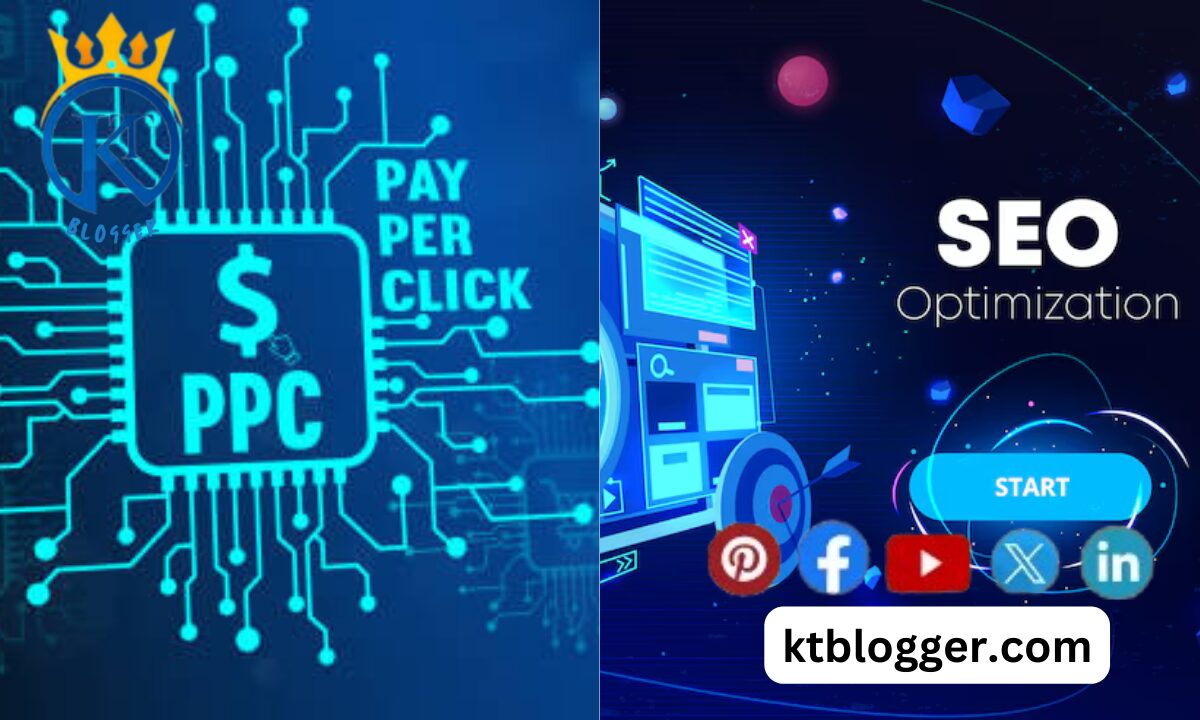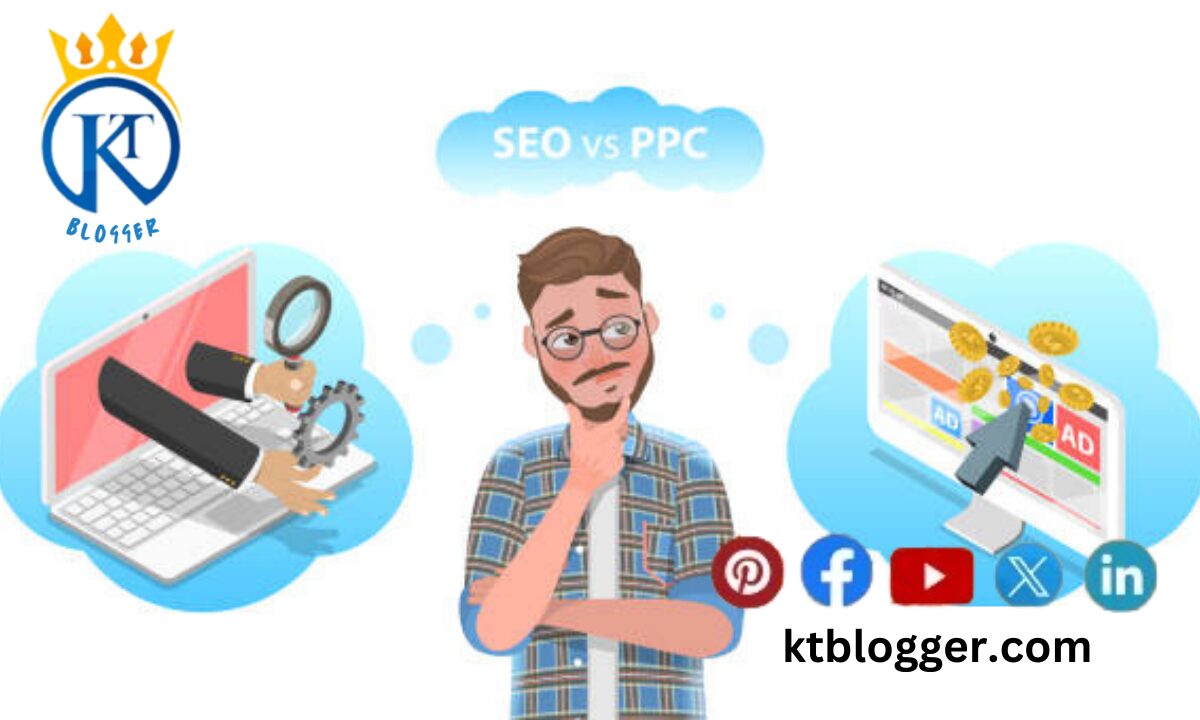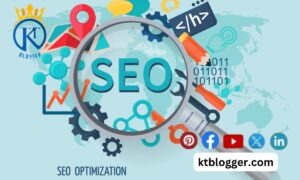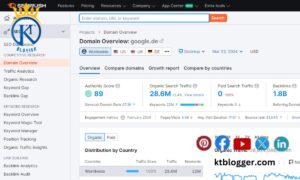When it comes to online marketing, two important terms you’ll often hear are PPC and SEO. These are different ways businesses can get their websites to appear in search engine results. But how exactly do they work, and what makes them different from each other?
Well, In this guide, I’ll talk about how is ranking different when comparing PPC vs SEO. Knowing the differences helps you pick the best strategy for your business.
Need help with how PPC and SEO affect your website’s ranking? PPC uses bidding and ad quality to get on top of search results fast, while SEO focuses on organic ranking through website optimization and content creation. Both have ranking algorithms and factors, like on-page SEO and keyword bidding. Ultimately, the best choice depends on your goals – PPC for immediate visibility, and SEO for long-term growth.
Let’s get started and find out how is ranking different when comparing PPC vs SEO.
Content
How is Ranking Different When Comparing PPC vs SEO?
When it comes to showing up on Google or other search engines, whether it’s through paid ads or regular search results, different things matter for each. These things are called ranking factors. They help decide where your website or ad appears when someone searches for something.
Unsure which approach is best, SEO or PPC? The key difference lies in ranking. PPC offers immediate results through paid ads, while SEO takes time to build organic authority through content, backlinks, and strategic optimization. While both PPC and SEO require ongoing effort, SEO costs less and offers a better long-term ROI by attracting free, qualified traffic. Consider your budget and goals: PPC is ideal for quick boosts and B2B targeting, while SEO is excellent for building brand awareness and organic traffic over time.
PPC Rankings
PPC stands for Pay-Per-Click. It’s a type of advertising where businesses pay a fee each time someone clicks on their ad. The position of their ad in search engine results is determined by several factors:
1. The advertisement’s landing page
This means where your ad takes people when they click on it. If it’s relevant to what they’re looking for, it’s better. For instance, if someone is searching for “running shoes,” and your ad takes them to a page specifically about running shoes, it’s more likely to get clicks.
2. The keywords integrated into the advertisement
The words you choose to use in your ad matter. They should match what people are searching for. If someone searches for “affordable laptops,” and your ad includes that phrase, it’s more likely to appear to them.
3. How Many People Click on Your Ad (CTR)
If more people click on your ad compared to others, it helps your ad rank better. This is known as the Click-Through Rate (CTR). Google sees that your ad is relevant and useful to people, so it rewards you with a higher position.
4. The Quality of Your Website
The website your ad leads to also matters. It should be a good experience for people who click on your ad. This means it should load quickly, be easy to navigate, and have useful information related to what the ad promised.
SEO Rankings
On the flip side, SEO tools optimize your website so that it appears higher in search engine results organically, without paying for ads. Here are some factors that influence SEO rankings:
1. The Quality of the Website’s Content
The content on your website matters a lot. It should be helpful and relevant to what people are searching for. If your website has detailed guides, informative articles, and answers to common questions related to your industry, it’s more likely to rank higher.
2. How Your Website is Organized
The way your website is set up matters too. It should be easy for people to find what they’re looking for. This includes having a clear menu, relevant categories, and a user-friendly layout.
3. Links to Your Website
Other websites linking to yours can help your site rank better. When reputable websites link to your content, it signals to search engines that your website is trustworthy and valuable. This can improve your website’s authority and visibility.
4. How Relevant the Keywords are in the Website’s Content and Metadata
Using the same words people are searching for on your website helps it show up in search results. This involves researching keywords relevant to your business and incorporating them naturally into your content, headings, and metadata.
5. The overall Experience users have on the Website
If users have a good experience on your website, it helps your site rank better. To achieve this, make sure your website works well on the mobile device. Plus, loads fast, and offers a smooth browsing experience on various screens. These factors contribute to better user satisfaction and ultimately help boost your site’s visibility online.
Understanding these differences in ranking factors is essential for developing effective digital marketing strategies. Whether you’re focusing on PPC ads or SEO efforts, optimizing these factors can significantly impact your online visibility and success.
What About the Budget? SEO vs PPC

Doing SEO by yourself can be cheap if you learn how to do it. Or, you can pay someone to help you with it. There are costs at first, like getting good links and content, but it pays off in the long run by bringing in more qualified visitors to your website.
On the other hand, PPC advertising means you pay only when someone clicks on your ad. You control how much you spend, and you only pay when people actually visit your website.
But if you want your ad to be in a good spot or show up for popular words, you might need to spend more money. One good thing about PPC is that it’s easier to see if it’s working and how much it’s making you compared to SEO.
Click-Through Rate (CTR) & Return on Investment (ROI) — SEO vs PPC
Click-through rate (CTR) and Return on Investment (ROI) are important things to look at when you’re thinking about SEO and PPC.
About 86% of web searchers trust organic search results more than paid ads, as long as the content is good. But PPC ads can be very targeted to people interested in your stuff, which means more clicks, but it costs more money.
While CTR and ROI aren’t directly connected, they do influence each other. A higher CTR usually means a higher ROI since more people are visiting your site. And making your ads more relevant and better quality can improve both your CTR and ROI.
FAQs
What Are the Main Differences Between PPC and SEO in Terms of Ranking?
PPC ads show the above SEO listings. Their position depends on factors like relevance, budget, and page quality. SEO considers 200+ factors and needs a full optimization approach.
Can Paid Traffic Help Improve SEO?
Yes, PPC can boost SEO efforts by getting your site noticed on the first search results page. Using PPC and SEO together increases online presence and brings in qualified traffic.
Does SEO Affect PPC?
Yes, SEO affects PPC. Your site’s search ranking impacts credibility, influencing PPC ad performance.
How Good is PPC for Business Goals?
PPC is successful, with 20% of marketers rating search PPC with the highest ROI.
Summing Up
I hope now you understand how is ranking different when comparing PPC vs SEO. However, PPC is faster but comes with a cost, while SEO is a more sustainable, organic approach that takes time.
In my opinion, the best approach often involves using both PPC and SEO for a well-rounded digital marketing strategy.





